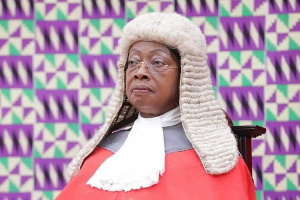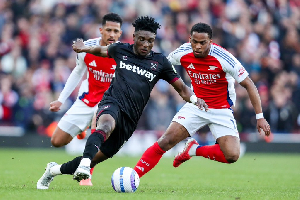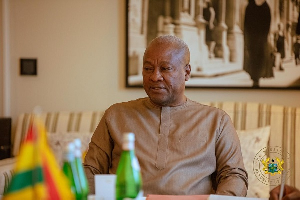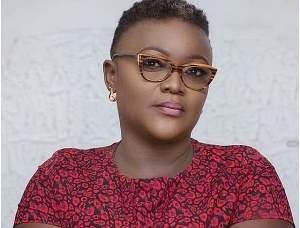Ebanbo Blog Blog of Monday, 21 October 2024
Source: Ebenezer Ansah-Boafo
The political implications of the Supreme court’s intervention in Parliament’s vacant seats
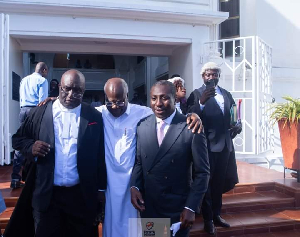
The current standoff between the Speaker of Parliament, Hon. Alan Bagbin, and the Supreme Court over the declaration of four parliamentary seats as vacant is creating waves across Ghana’s political landscape. This development comes after four MPs, three from the NPP and one from the NDC, filed nominations to contest as independent candidates in the upcoming elections. The Speaker’s declaration of these seats as vacant shifted the balance of power in Parliament, leaving the NPP with 135 seats, the NDC with 136, and effectively rendering the NPP as the minority.
The Supreme Court's intervention, ordering the Speaker to put his decision on hold, has raised concerns regarding the separation of powers. Parliament, as a separate branch of government, holds its own rules and processes, while the judiciary is meant to interpret the law. Many argue that the judiciary stepping in to halt parliamentary processes could set a precedent for overreach, which might threaten the autonomy of the legislative body. On the other hand, others believe the court’s intervention is necessary to ensure due process and avoid arbitrary decisions, especially considering the implications on national governance.
The political implications of this are significant, particularly as the nation heads into the elections. Should the court uphold the Speaker’s decision, the NPP would face a daunting task to regain its majority in the next parliament. The opposition NDC could leverage this scenario to strengthen their campaign, painting the NPP as divided and weakened. This could sway undecided voters, especially in marginal constituencies. Conversely, if the court rules against the Speaker, the NPP could still salvage some ground, maintaining its fragile hold in parliament and avoiding a major political setback.
In any case, the ruling will have a ripple effect not just on the legislative process, but on how both parties strategise leading up to the elections. It remains a pivotal moment in Ghana’s political discourse.
What's your mind? Share your thoughts with us






